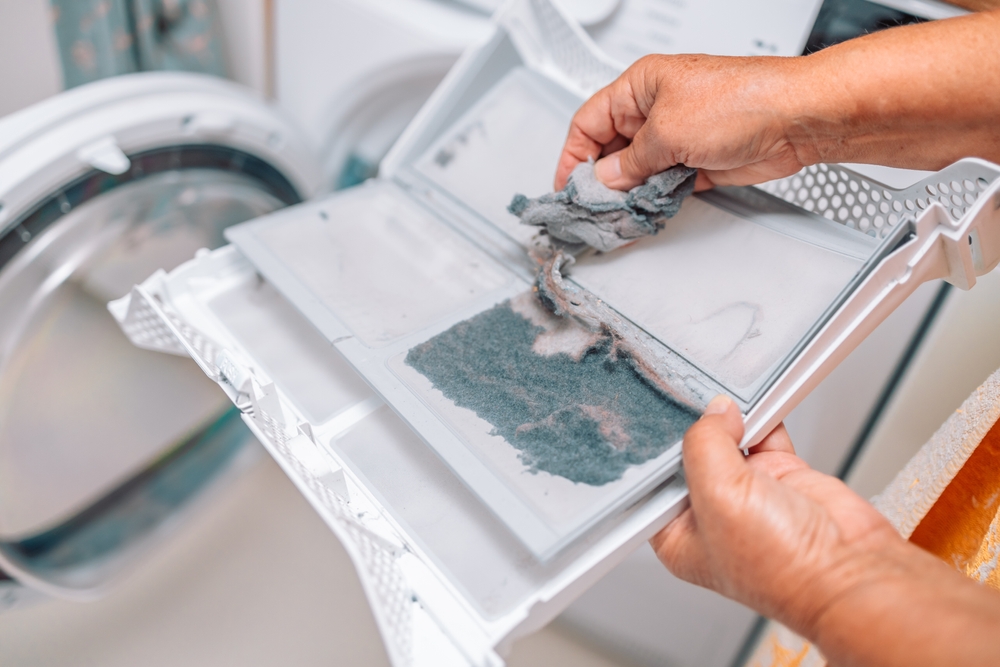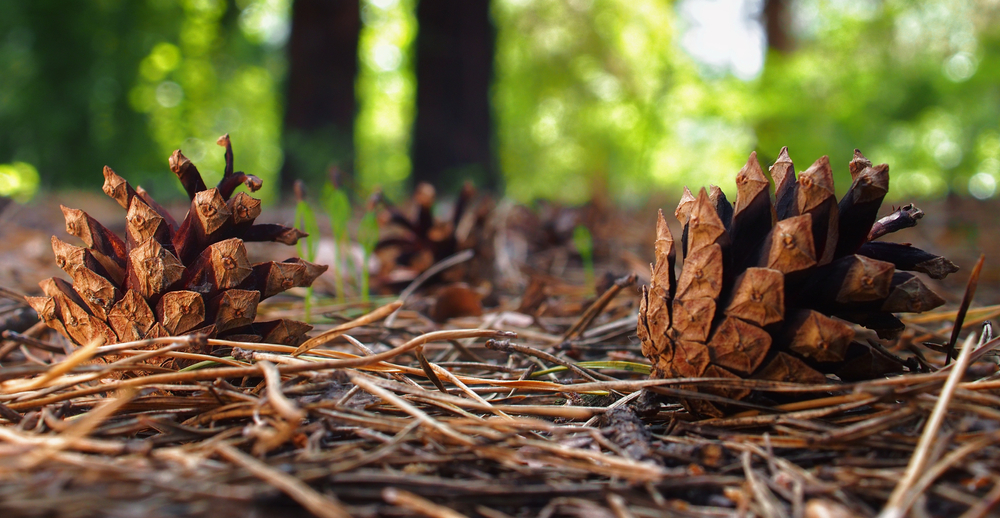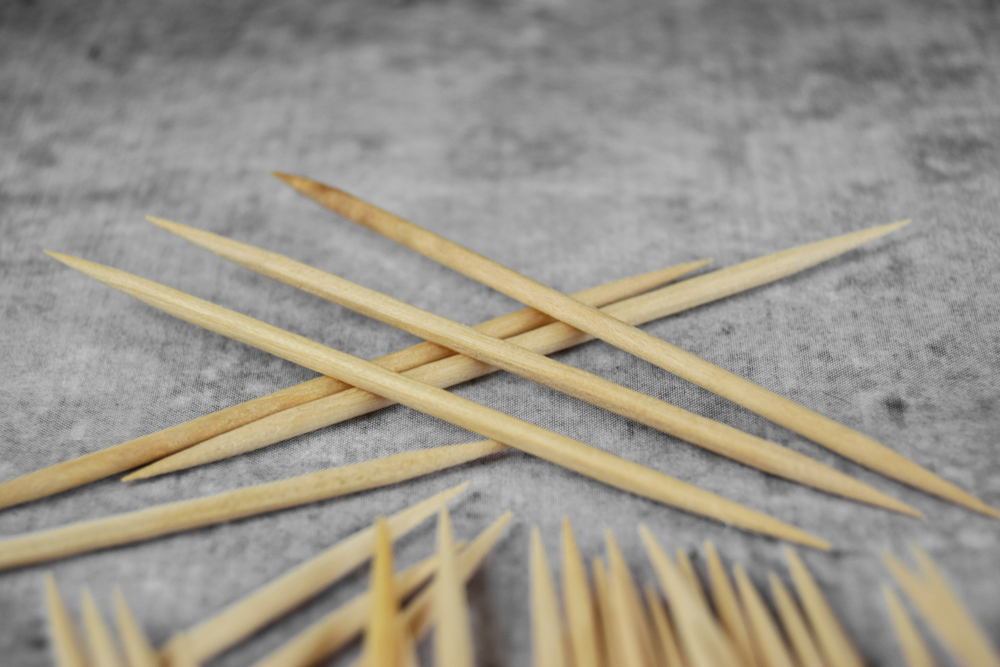12 Things You Didn’t Know You Can Compost
Composting is an easy and eco-friendly way to reduce waste and nourish your garden. While most people know about composting kitchen scraps and yard waste, many other surprising items can be added to your compost pile. From natural fabrics to pet waste, these unexpected materials not only break down naturally but also provide valuable nutrients for your soil. By incorporating these lesser-known items, you can create a healthier, more sustainable compost that benefits both your garden and the environment.
This post may contain affiliate links, which helps keep this content free. Please read our disclosure for more info.
Natural Fabrics like Cotton and Wool

Natural fabrics like cotton, wool, and hemp can be composted because they are made from plant-based or animal-derived materials. Cotton, for instance, breaks down well in compost due to its organic composition. Wool, which comes from sheep, is rich in nitrogen and can help balance the carbon-to-nitrogen ratio in compost piles. However, it is important to avoid fabrics that are blended with synthetic materials like polyester, as they do not decompose naturally.
Composting natural fabrics can be a great way to reduce textile waste, especially if the items are no longer usable. Simply shred the fabric into small pieces to help it break down faster. Over time, these materials will turn into nutrient-rich organic matter that can enhance your garden soil.
Dryer Lint

Dryer lint is often seen as trash, but it can be composted, provided it is made from natural fibers like cotton or wool. Lint collected from synthetic fabrics, such as polyester, should not be composted, as it will not decompose properly. Natural lint, however, can contribute nitrogen to your compost pile and break down into useful nutrients for plants.
Keep in mind that while dryer lint can be composted, it is best to avoid large amounts at once. Instead, mix it with other organic materials like leaves, grass clippings, or kitchen scraps to create a well-balanced compost pile. This helps the lint break down efficiently.
Hair

Human and pet hair can be composted, though in moderation. Hair is a good source of nitrogen, which is essential for the decomposition process. It breaks down slowly, but over time, it will contribute valuable nutrients to the compost. Hair from haircuts or hairbrushes can be added to compost as long as it is not treated with chemicals or hair products.
To compost hair effectively, it is a good idea to cut or trim it into smaller pieces to speed up the decomposition process. Mixing it well with other organic matter, like plant scrap, will help maintain a good composting balance.
Old Spices

Old spices and herbs that are no longer fresh can be composted. Spices like cinnamon, garlic powder, or dried rosemary can break down and add trace nutrients to your compost pile. Since these spices are plant-based, they naturally decompose over time. Additionally, they contain essential oils and compounds that may benefit the compost by helping to break down other organic materials.
However, avoid adding large amounts of spices to your compost pile at once. While small amounts of herbs and spices can be beneficial, an excess may overwhelm the pile and hinder the decomposition process. Mix them well with other compostable materials to maintain balance.
Pet Waste (With Some Exceptions)

Pet waste, particularly from herbivores like rabbits or guinea pigs, can be composted, but it is important to avoid waste from carnivorous pets, like cats and dogs. Pet waste from herbivores breaks down more easily because it is not as pathogen-rich as waste from meat-eating animals. For safety reasons, it’s recommended to compost pet waste in a separate pile that is not used for food gardening.
When composting herbivore waste, ensure it is mixed with a good amount of carbon-rich materials, like leaves or straw, to promote decomposition and avoid unpleasant odors. Be sure to turn the pile regularly for proper aeration.
Tea Bags

While many people are familiar with composting tea leaves, they may not realize that tea bags can also be composted. Most tea bags are made from paper, which is compostable, though some are made with synthetic fibers like nylon. To be sure, check the packaging to ensure the tea bag is biodegradable. Avoid tea bags with a plastic lining, as they will not decompose properly.
To compost tea bags, simply tear them open or remove the staples before adding them to your compost pile. Tea bags made of paper or plant-based materials will decompose quickly, leaving behind useful nutrients.
Corks

Wine corks, particularly those made from natural cork, are compostable. Natural cork is biodegradable and breaks down naturally in a compost pile. The cork from synthetic wine bottles, however, is made from plastic and should be avoided. If you have natural cork, just chop it into smaller pieces to speed up the process.
Adding corks to your compost can help improve aeration and texture as they break down. Over time, they will decompose into organic matter that can enrich your garden soil.
Eggshells

Eggshells are a common item that people often add to their compost. They are rich in calcium, which is beneficial for soil health. Eggshells take a long time to break down due to their hard structure, so it is best to crush or grind them before adding them to your compost. This will speed up the decomposition process and allow the calcium to be released more efficiently.
Composting eggshells can help reduce waste while adding important minerals to your garden soil. However, use them in moderation as they may not break down quickly on their own without proper mixing with other materials.
Pine Cones

Pine cones are an often-overlooked composting material, but they are a great addition to your compost pile. While they take longer to break down than other materials, pine cones provide carbon and improve the texture of compost. They also help promote aeration within the pile.
To compost pine cones, it’s best to break them up by crushing or cutting them into smaller pieces. This will make it easier for microbes to break them down and will help balance the pile with other compost materials.
Nut Shells

Nut shells, such as those from peanuts, walnuts, and almonds, are compostable, though they take time to decompose. They are high in carbon, which is a necessary component of a healthy compost pile. Shells from softer nuts, like almonds or walnuts, will break down more easily, while harder shells like those of peanuts may take longer.
Adding nut shells to compost can help create a richer, more aerated pile, but it is best to chop them up before composting to accelerate the process. Mixing them with other organic matter will ensure a well-balanced compost pile.
Corn Cobs

Corn cobs, while sturdy and fibrous, can also be composted. They provide valuable carbon to your compost pile and can help with aeration. However, because they are dense and take a long time to break down, it is best to cut them into smaller pieces or shred them before composting.
Corn cobs are especially beneficial when composted in combination with other organic materials, such as vegetable scraps or leaves. This helps to maintain the correct carbon-to-nitrogen ratio, which is essential for a healthy compost pile.
Old Wooden Toothpicks

Wooden toothpicks, when used and discarded, can be composted. Since they are made from natural wood, they will break down over time in your compost pile. However, avoid toothpicks with synthetic coatings or chemicals, as they will not compost effectively.
Wooden toothpicks provide additional carbon to your compost, helping balance out the nitrogen-rich materials. They are small, so they break down relatively easily, especially when mixed with other organic waste.
This article originally appeared on Avocadu.
